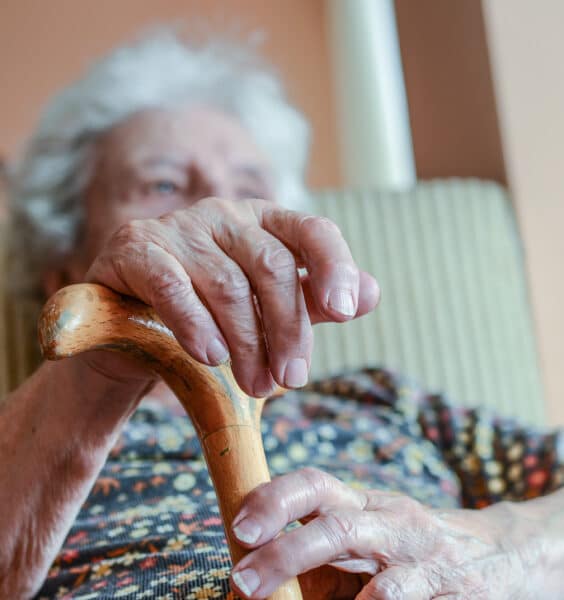
A growing problem
The population with a learning disability is ageing too. The number of people with learning disabilities aged over 60, in England, is predicted to increase by over a third between 2001 and 2021, according to research by Emerson and Hatton published in 2008. By 2030 the number of adults aged over 70 using services for people with learning disabilities will more than double – and that’s just based on the people known to services.
The chances are you have people in your service over 60 or approaching retirement age. There are a number of things you need to consider when planning for this client group.
Higher levels of unmet health needs
This will present growing problems as people age, since their wellbeing becomes more of a challenge with the passing years. Problems in adulthood that are not identified or managed well can create major risks as the years pass. An example is weight management and exercise and the risk factors for stroke and heart disease.
Loss of family support networks and greater reliance on care services
Ageing Service Users have ageing relatives. As these networks diminish, there is less option to share care with the family. Bereavement becomes a feature and many people with learning disability have never experienced loss of a close family member. This can be devastating.
Risk of entering care sooner
For people who have been able to live relatively independent lives, old age and the associated problems may result in their being moved to residential care sooner than the average person might. This is a combination of the loss of family support and the associated health needs. For a person who lacks understanding and insight, this can be devastating.
In the UK, it was the norm until about thirty-five years ago for people with learning disabilities to live in hospitals or large group homes. The people now living in elderly care were the people who accepted this norm – it is not unusual therefore for fellow-residents of older persons care homes to react strongly to having people with learning disabilities sharing their facility.
There is some helpful and insightful information available from the following links if you are supporting someone with any of these issues. In particular, The Association for Real Change and the Foundation for People with Learning Disabilities launched the Real Change Challenge and an accompanying Evaluation Toolkit in March, this is a downloadable resource from their website.
http://www.learningdisabilities.org.uk/our-work/changing-service-delivery/improving-support-older/
http://www.bild.org.uk/information/ageingwell/activelives/



